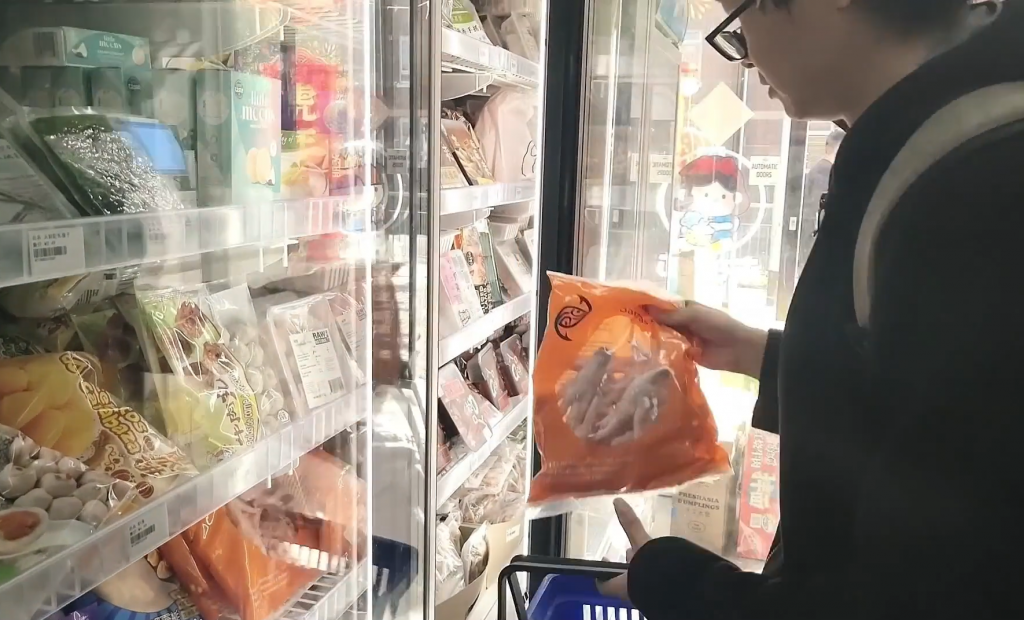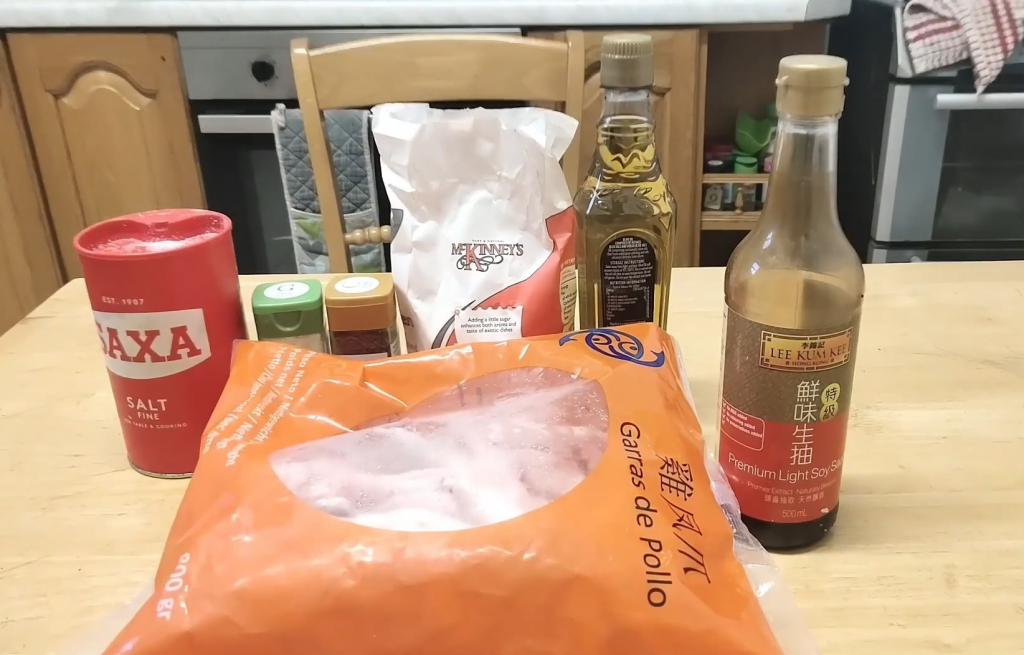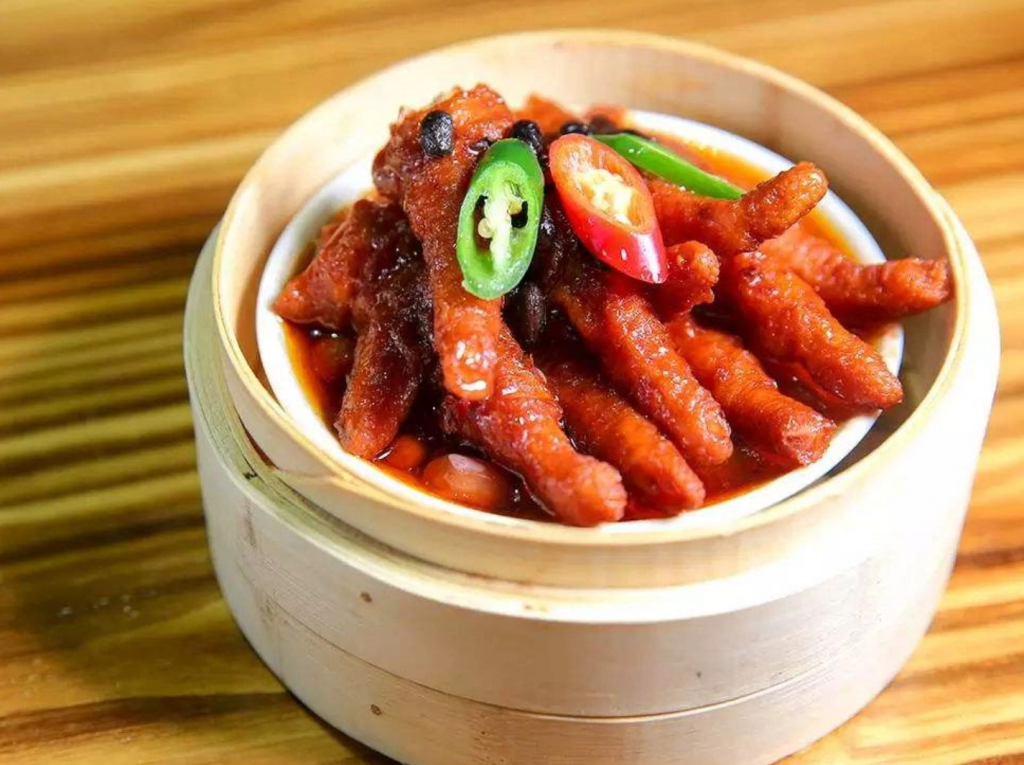Did you know that Wednesday 16th November is the International Day for Tolerance? What does tolerance mean for you? Here’s what the UNESCO’s Declaration of Principles on Tolerance in 1995 states:
“Tolerance is respect, acceptance and appreciation of the rich diversity of our world’s cultures, our forms of expression and ways of being human.”
UNESCO
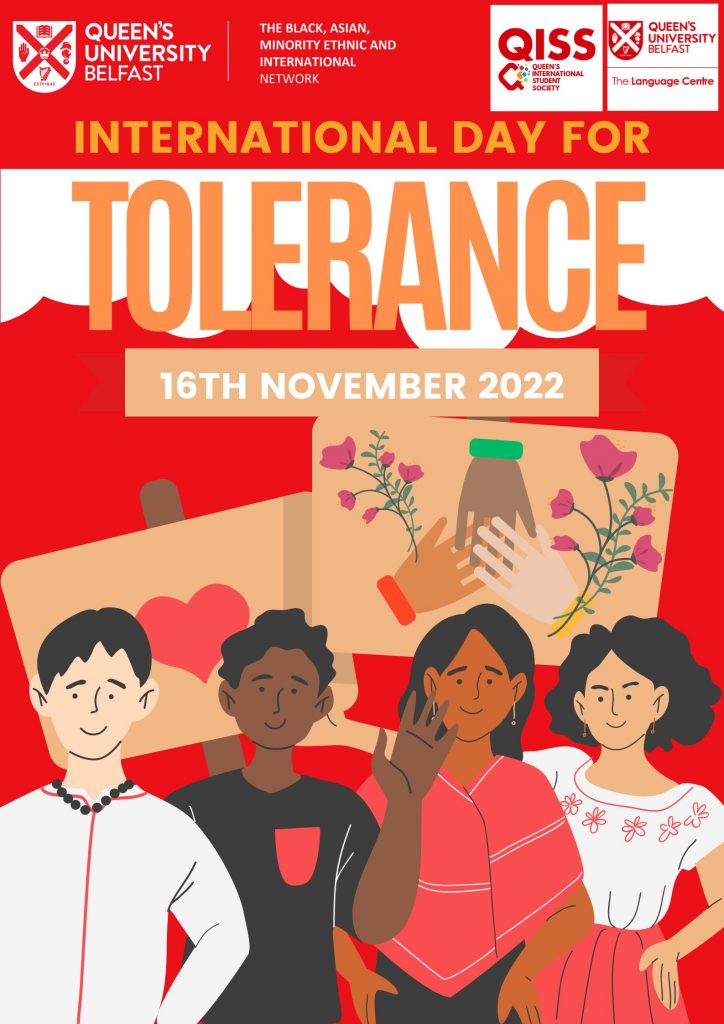
Within our Queen’s community, we are all so fortunate to be a part of such a diverse campus, with students and staff members coming from over 80 countries and regions, representing a range of linguistic and cultural backgrounds. We would like to invite you to join us in appreciating the rich diversity of our multicultural campus, and to show our shared respect for inclusivity today and every day.
To learn more about the activities for the Day, visit UNESCO’s International Day for Tolerance.
Tolerance towards different foods … and cultures
One of the most direct ways of experiencing cultural differences is through tasting food. But to what extent can we have tolerance towards food from different cultures? Our QUB student, MA Xiaoxiang (马小翔), who obtained an MA degree in Arts Management (2019) and is completing his second MA degree in Film Study (expected 2022), with School of Arts, English and Languages, has his own thoughts on cultural diversity and tolerance through his recent documentary, as part of the BBC 100 – Make Film History Project.
‘Different foods, countless flavours, diverse cultures, unique connotations. I try to use the traditional Chinese dish called Phoenix Feet [essentially, finely cooked chicken feet] as a clue to explain the relationship between food and culture. I also hope to use food as a metaphor for culture and interpret cultural exchanges in my eyes from different perspectives.’
— MA Xiaoxiang
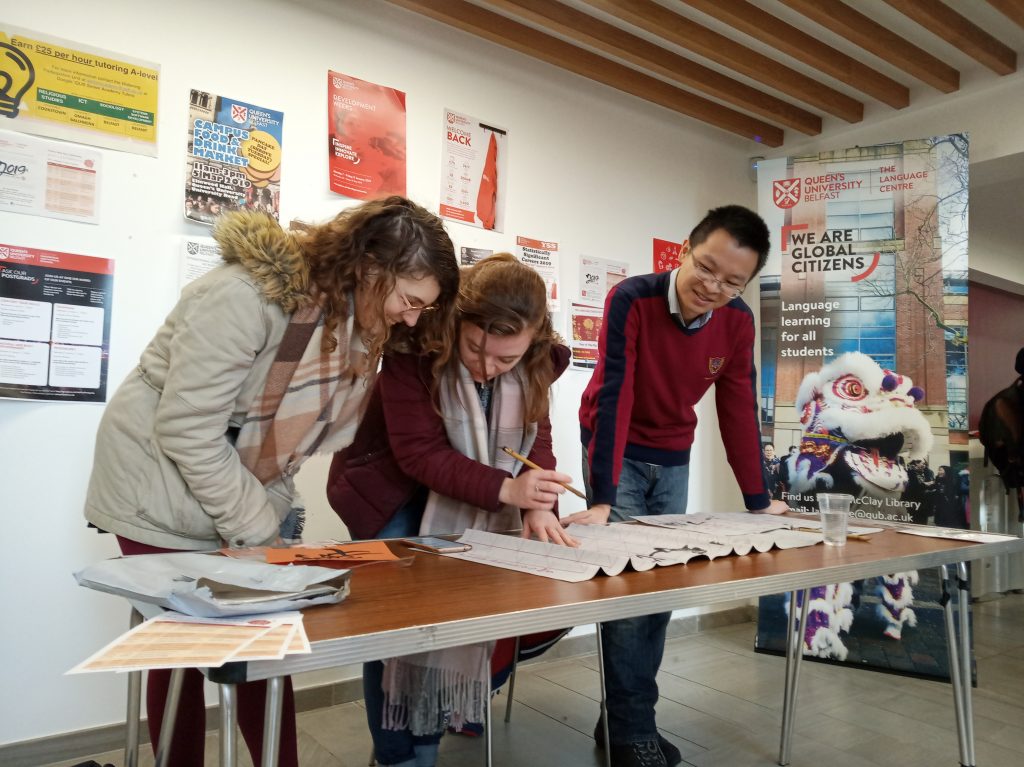
About the film ‘Taste of Culture’
The original proposal for making this ‘Taste of Culture’ documentary is to weave a line between Chinese and Western cultures with some interesting elements. This is the reason why I chose Chinese food as the trigger. In the depths of its delicious flavour, there are many aspects to underline the cooking method – history, culture, regional variations, and other factors to help decode such a culture of practice, all of which is like a variety of spices and ingredients used in cooking, making the process of cultural interpretation more flavourful and charming and being more conducive to intercultural exchange.
As an international student, I have studied and lived in Belfast for a few years, with great interest in discovering other cultures. At the same time, being away from my home country, my culture of origin, also has given me a great chance of observing the traditional Chinese culture that I have a great passion for. This way of distancing myself from my native culture has made me think of the verses of a famous poem written by SU Shi (苏轼), one of the greatest poets to have lived in the Song dynasty over a thousand years ago:
“不识庐山真面目,只缘身在此山中”
[Of Mountain Lu we cannot make out the true face, For we are lost in the heart of the very place. — Translated by XU Yuanchong (许渊冲)]
It seems that I also live in a mountain, but I can observe the mountain from different angles. Therefore, when embarking on making this film, I hoped to discuss cultural issues from a relatively objective and diversified perspective.
The making of the film
I felt excited when I saw the email forwarded by our Department of Film. I really felt excited because this was such a precious chance for new filmmakers. Without much hesitation I decided to go for it, and attended four workshops in total, including online and offline workshops, in order to get a better understanding of the project and to find inspiration through discussions with the organisers, my supervisors and peers. As an international student, I felt that I had more challenges in terms of language and cultural barriers, despite the fact that I have a master’s degree with Queen’s already. But I did gather my strength and eventually gain very valuable experience through attending these meetings. The organisers and other participants also gave me great encouragement and help. In fact, some of the anecdotes and questions that came out of the discussions were used in the documentary. This inside-out and outside-in methodology has become the guidance for making this film.
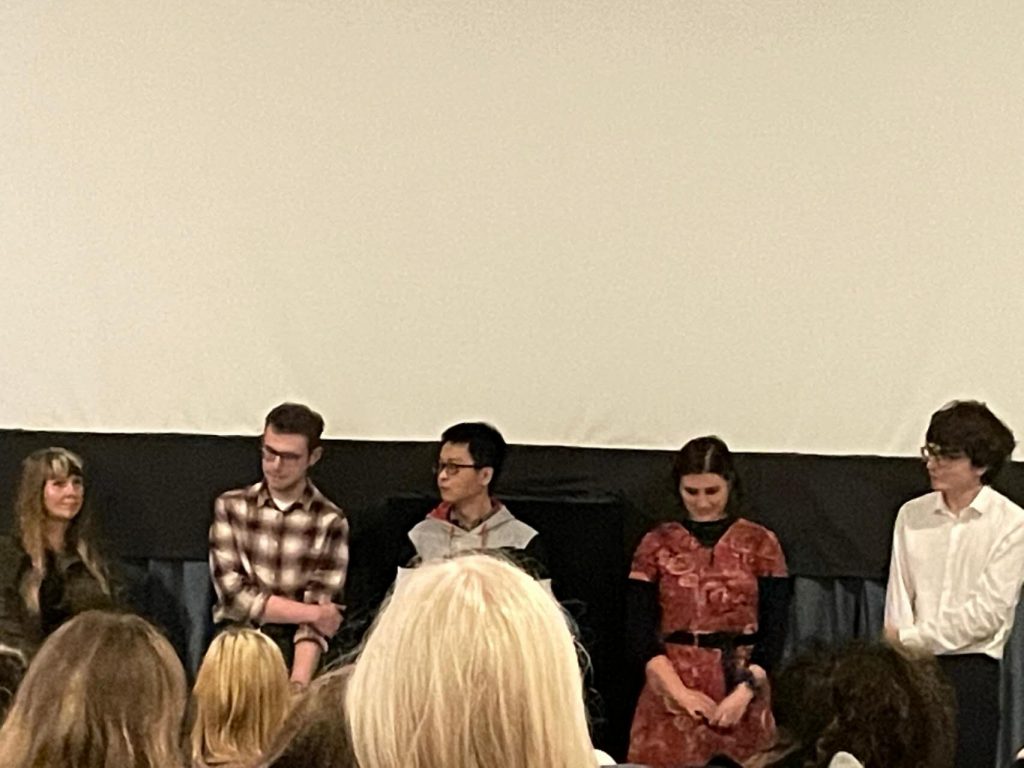
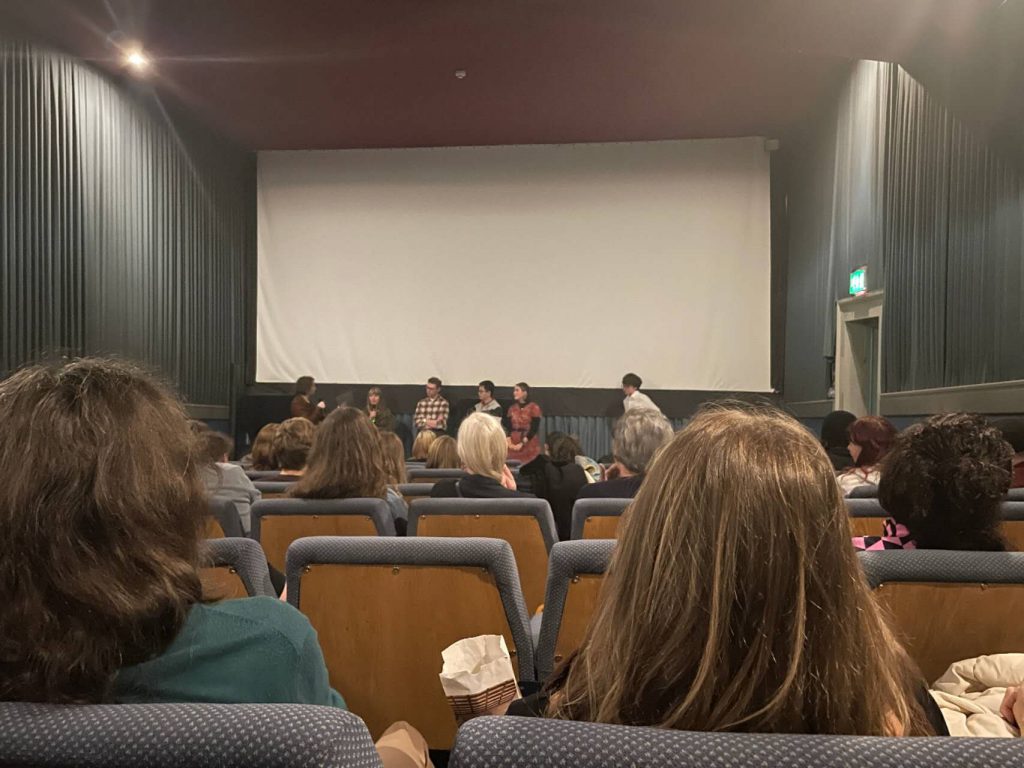
I was able to finish the scriptwriting and postediting of the documentary myself, thanks to my friend HU Chenrui (胡宸瑞), an undergraduate student also from our Film Department, who provided me with great assistance for my shooting. We enjoyed working together to get the shooting done. In the process of making this short film, I not only gained rich practical skills in documentary-making, but also achieved a deeper understanding of Chinese and British cultures through cooking chicken feet. Overall, the filming and creation process was a ‘delicious’ experience.
That’s one small step for delivering Chinese culture through my film, but it is one giant leap for myself as a novice filmmaker. Interestingly, this step was not made by my foot, but by the “chicken feet” in the documentary. In the future, I hope to continue to create more films about intercultural exchange and exploration, to convey the spicy flavour of cultures from a unique perspective.
Author: MA Xiaoxiang
Editors: WANG Liang and Poppy Boyd

